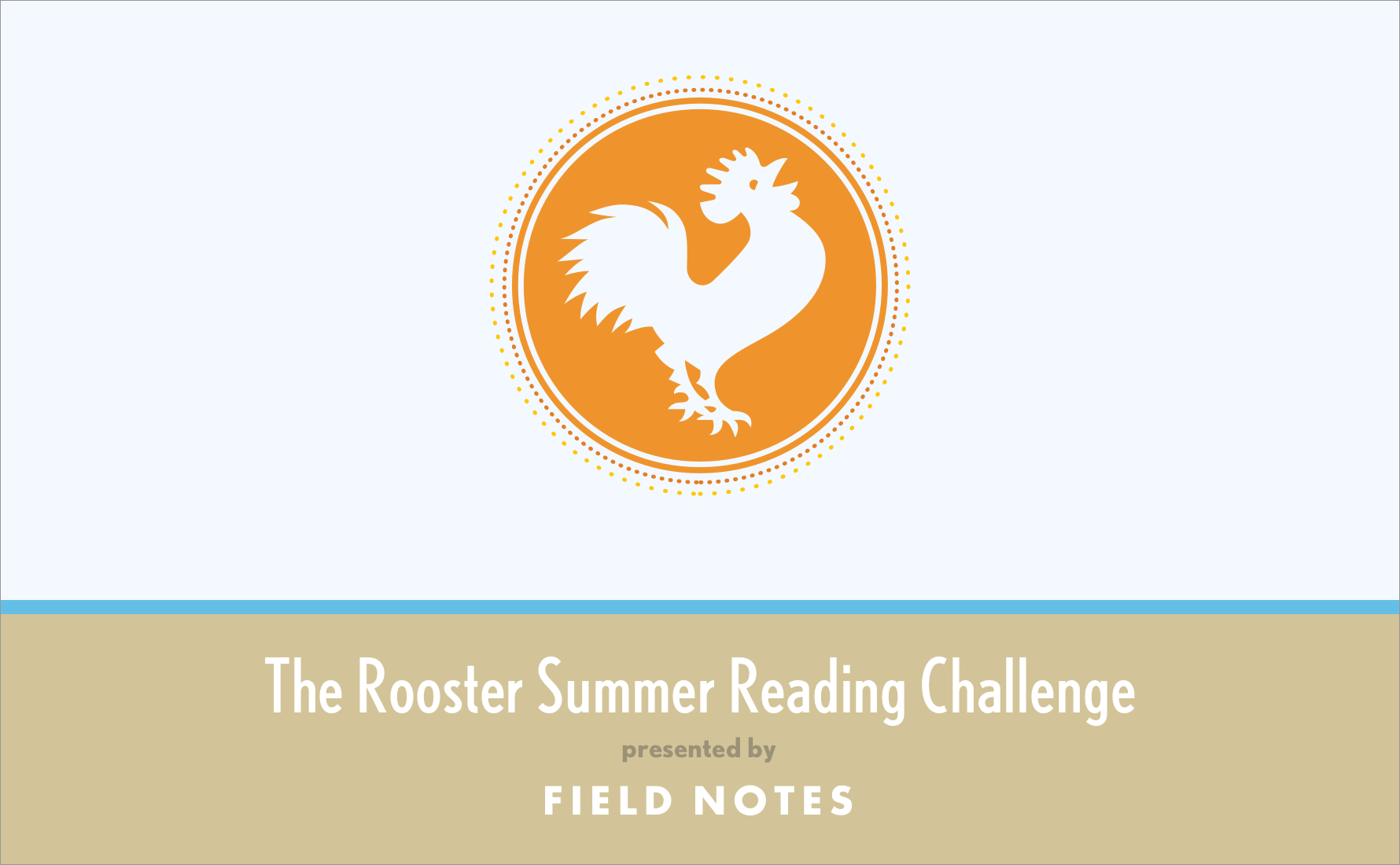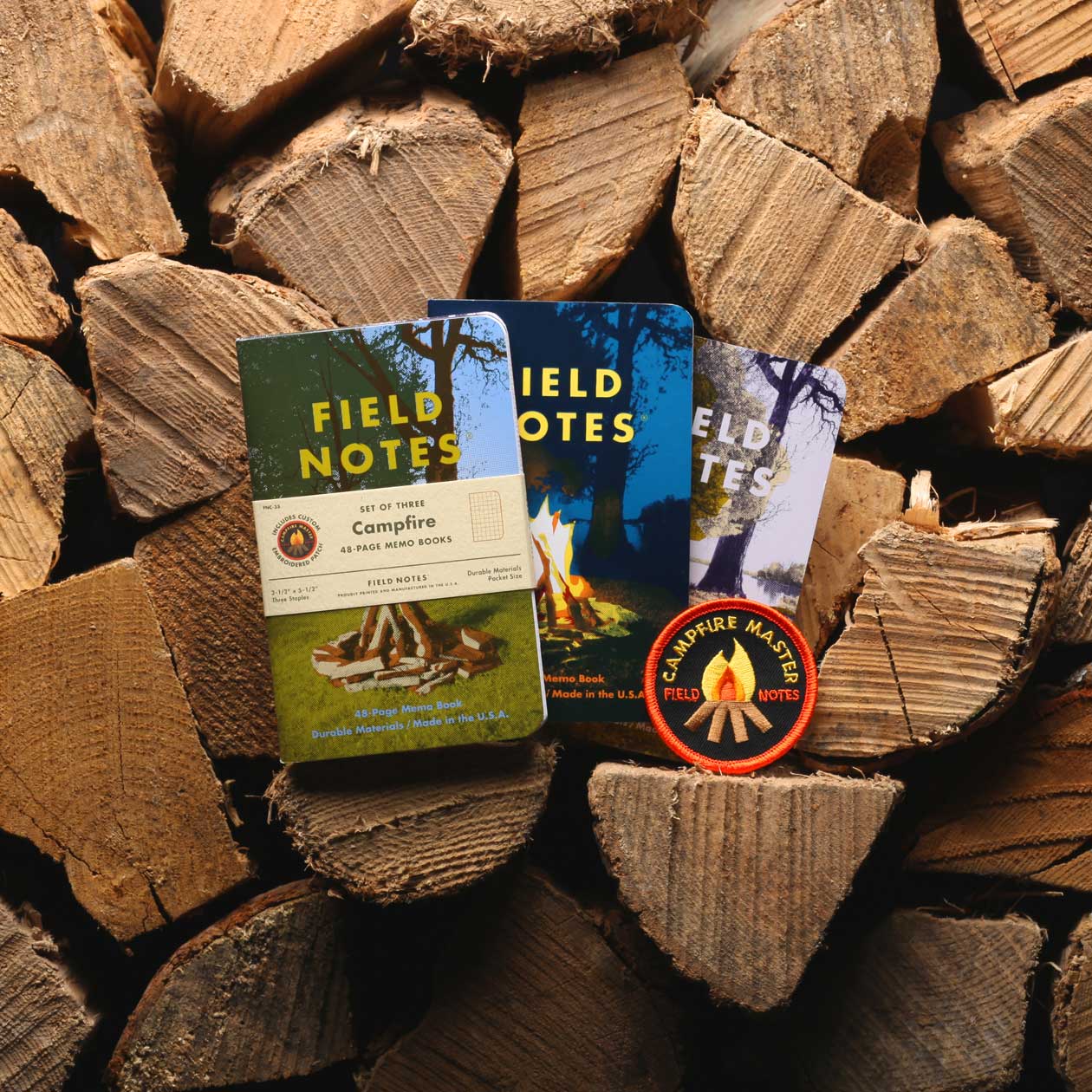Welcome to the Rooster Summer Reading Challenge, brought to you by The Morning News Tournament of Books and our presenting sponsor, Field Notes. All summer long, we’re reading two novels a month and reconvening on Wednesdays to discuss the books. Joining our chats is a monthly guest judge, who at month’s end decides which title heads to our summer championship on Aug. 30—when you choose which book gets an automatic berth in the 2018 Tournament of Books.
For July we’re reading Ill Will by Dan Chaon (selected by the ToB Committee) and Marlena by Julie Buntin (chosen by Rachel Khong, who will be joining us in August), with novelist Amelia Gray.
- Plan your summer reading: Marlena (finish by July 26); Temporary People (first half by Aug. 2, finish by Aug. 9; Fever Dream (first half by Aug. 16, finish by Aug. 23)
- Catch up on previous chats: A Separation first half, second half; The Night Ocean first half, second half; Ill Will first half, second half
- Jump into this week’s discussion in the comments
Last week we finished up Ill Will, and this week we’re discussing the first half of Marlena.
Rosecrans: And now we get to our third book of the summer, Marlena, the debut novel from Julie Buntin. Marlena is a story about a young woman, Cat, who’s haunted by memories from a pivotal year in her adolescence, when her family moved to a new town and she became fast friends with the troubled girl across the street—Marlena—who drowned shortly afterward in about six inches of water.
Amelia, what was it like for you to read Marlena after Ill Will? Marlena’s billed in some quarters as a mystery, but it’s far more a reminiscence, a coming-of-age story. Or maybe not?
Amelia: You know, starting in on Marlena we get this great scene, the girls in Ryder’s van just careening out of control down this dead-end hill toward the lake, and Cat’s feeling “a rage that’s equal parts hunger and fear,” and something about going from the decrescendo and quiet close of Ill Will had me wanting exactly this—a death-drop, punishing speeds, seat belts knifing between breasts. When they started to slow down I made a sound like old brake pads, a high whine.
But yeah, this book is a mystery in the same way that life is a mystery, and everyone must stand alone. We’re getting a longform memorial of two things, a young woman literally and teenage years conceptually, and it’s setting up like that first wild ride down the hill; you’re along for the ride even though you’re pretty sure you know how it ends.
Rosecrans: Most of our time with Cat takes place in the past, as she falls further into Marlena and her family’s world and under their influence. Were you captivated? Did it remind you of your teenage years?
Amelia: Well, and speaking of mystery, stories of druggy teenage years are always a mystery to me, as I drank half of a can of Tecate in high school and otherwise edited the school newspaper. I did have a friend with a van, though. And that idea of the wild girlfriend running the scene, I knew a few of those. I was definitely more on the Cat side of things: a 15-year-old new girl, vaguely resentful, generally wary. Lots more newspaper in my teenage years, though. I loved that newspaper. What about your teen years, Rosecrans? And what about teens in general? I know you’re doing some of that in your new book, though their passions are tempered with a heavy dose of jail.
Field Notes Limited-Edition for Summer is Campfire. Campfire features three original photos that have been line-screened and carefully spot-printed, for a vintage feel, and each pack comes with a custom “Campfire Master” patch, ready for your scout sash or messenger bag.
Rosecrans: My teen years were experienced under the constant threat of drug testing. I was an ambulance driver at 16 in a company staffed by teenagers, and there was a lottery each month for who had to pee. So I was taking care of opioid problems, not taking part. It’s one reason I enjoyed writing the police parts of The Last Kid Left—I spent a lot of my formative years hanging out with cops.
But it’s actually the teenagers in Marlena who are causing me the most trouble thus far; I just can’t get traction in this story, as much as I want to. Cat’s experiences are told from a distance I’m having trouble crossing, and not for lack of trying. I feel like I’m living beside her, not inside the moments of her life—that those moments are rendered with so much appraisal, as a reader I’m not left with much to do. The times I connect with this novel most take place in the present, in New York. Events just seem to matter more, and I’m eager to see what happens. (I wonder what the Commentariat feels in this regard: Rooster readers, by this point are you feeling attached or detached? Connected or not?)
Amelia: I’m feeling a little aloof in a teenage way about Marlena, a feeling which might be inspired by the book itself; it really nails that way of taking in the world through these thick layers of awkward suspicion, the old internal compass pointing in all directions.
Rosecrans: I’m so glad I’m not a teenager anymore.
Amelia: Same. You know, Marlena is feeling like the tender cousin of Kristen Iskandrian’s hilarious and heartbreaking book Motherest, which is coming out in a couple weeks.
Rosecrans: I’m putting that down on the list! While we’re at it, tell me about your reading habits. Do you mostly read contemporary? Rarely read contemporary? Five books at once, plus comics, plus magazines, plus recipes?
Amelia: Yeah, I usually have a bunch of books going. I actually am reading a big old graphic novel right now, the incredibly excellent Black Hole. I’m usually catching up on contemporary fiction with a side of nonfiction. I just found a copy of Don Barthelme’s novel The Dead Father at an estate sale in Texas, I’m looking forward to getting up on that. On recommendation I’m reading The Soul of the White Ant, a book about termites. I’d say Marlena fits right in, though now I keep worrying about the quality of the wood in the novel. Do you find books talk to each other?
Rosecrans: They do, they do. Same when I’m working on a manuscript, I can’t stop seeing echoes in my life, in other books, in movies, in bar conversation. So, back to Marlena, thus far into the book, what would you say it's doing most convincingly? What do you hope it do more of before the finish?
Amelia: I’m really enjoying Cat in the present day, where we’ve got all these memories from teenage years contorted into torture devices and our girl downing gin martinis in hotel bars. I think the implication here is that these childhood memories are coming up like crystal as her present-day recedes into a drunken haze. I can’t wait for that bar night with Sal, which promises to go just as well as my senior prom.




